Malawi Food Security Project
Project summary
Piloting in October 2023, the Malawi Food Security project facilitates long-term solutions to the ongoing famine crisis in the region. Supporting over 2,000 farmers in November 2022, Khalsa Aid converted an impactful short-term relief strategy into a long-term developmental project, and facilitated assistance to an additional 1,000 farmers in 2023 . During every deployment, Khalsa Aid teams also distribute NPK fertiliser, UREA fertiliser and maize seeds.
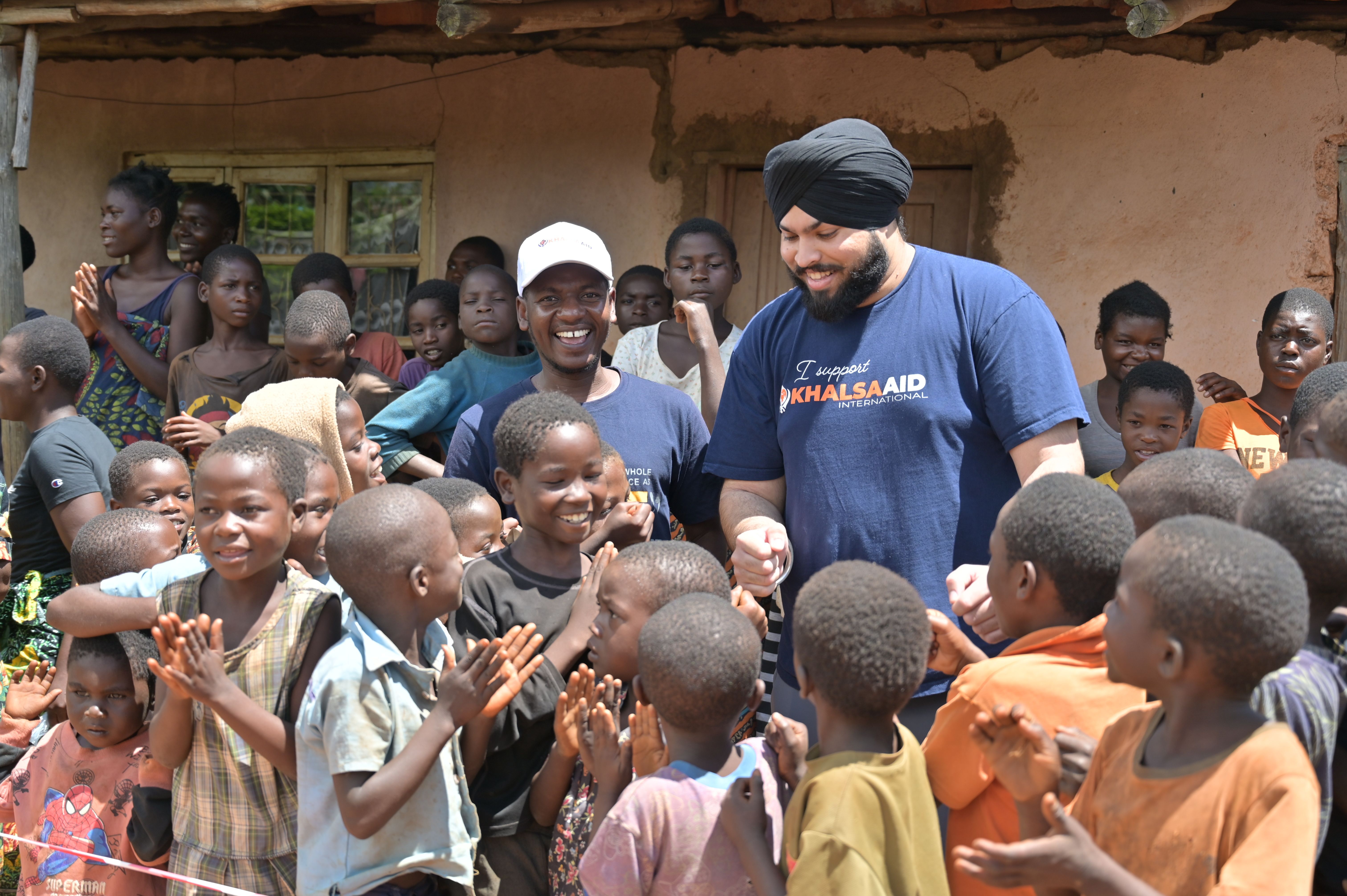
Timeline
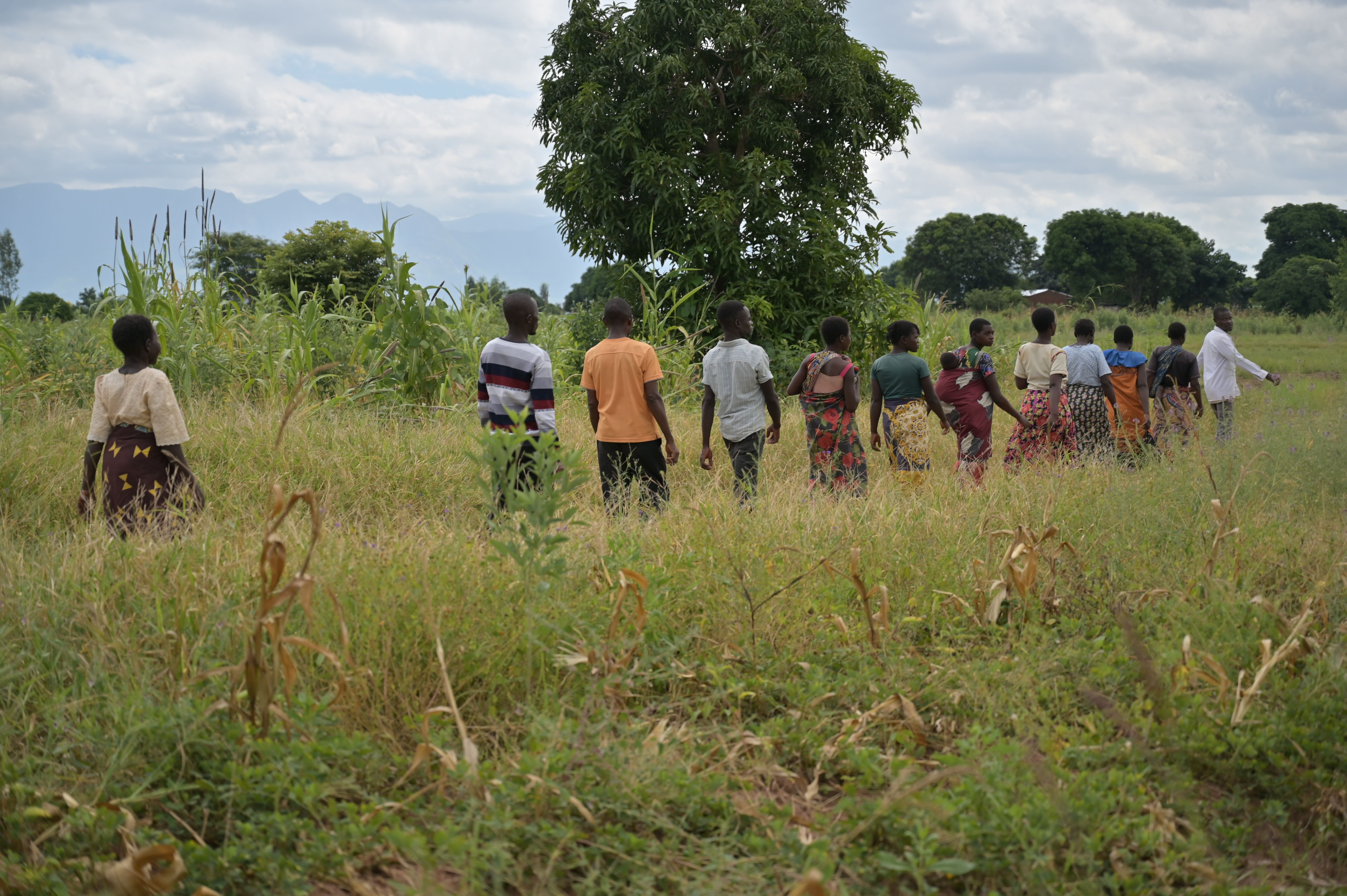
What the problem was
More than 4 million people in Malawi are facing food shortages and famine exacerbated by the impact of Cyclone Freddy, of which washed away up to 179,000 hectares of crops in March of 2023. Furthermore, the war in Ukraine has caused supply issues and a subsequent devaluation of the kwacha (the Malawian currency), making seeds, fertiliser and other produce very expensive to purchase.
Objectives
1. Food Security
Alleviate the impact of famine by providing seeds and fertilisers to 3,000 farmers, enhancing their agricultural productivity and food self-sufficiency.
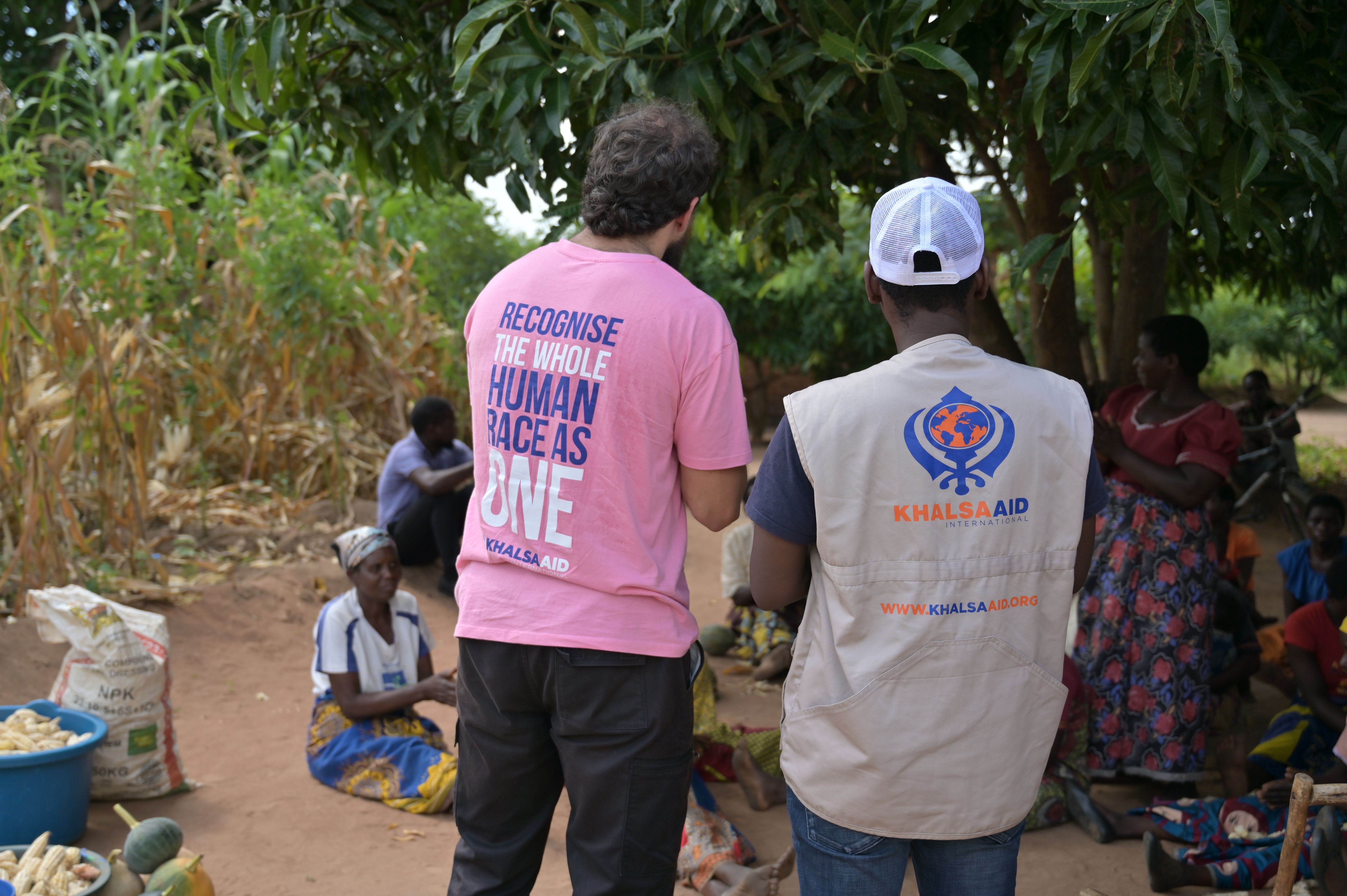
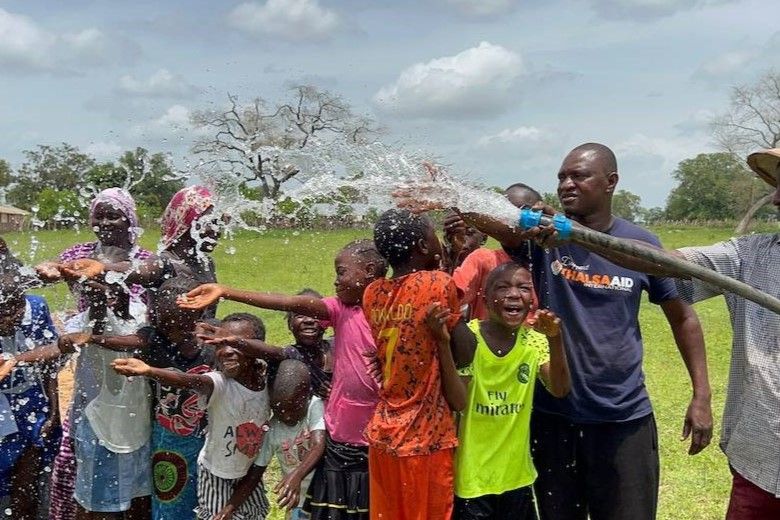
2. Community Engagement
Foster community involvement and ownership of the project by engaging local farmers in the assessment and distribution process.
3. Sustainability
Implement sustainable agricultural practices to improve soil health, crop yields, and the long-term food security of the region.
Impact so far
These figures are updated with every deployment.
Please note that they are often an underestimation.
People Benefitted
Districts Supported
"The Malawi Food Security Project provides crucial aid to help sustain these families through the aftermath of the cyclone. We are very proud."
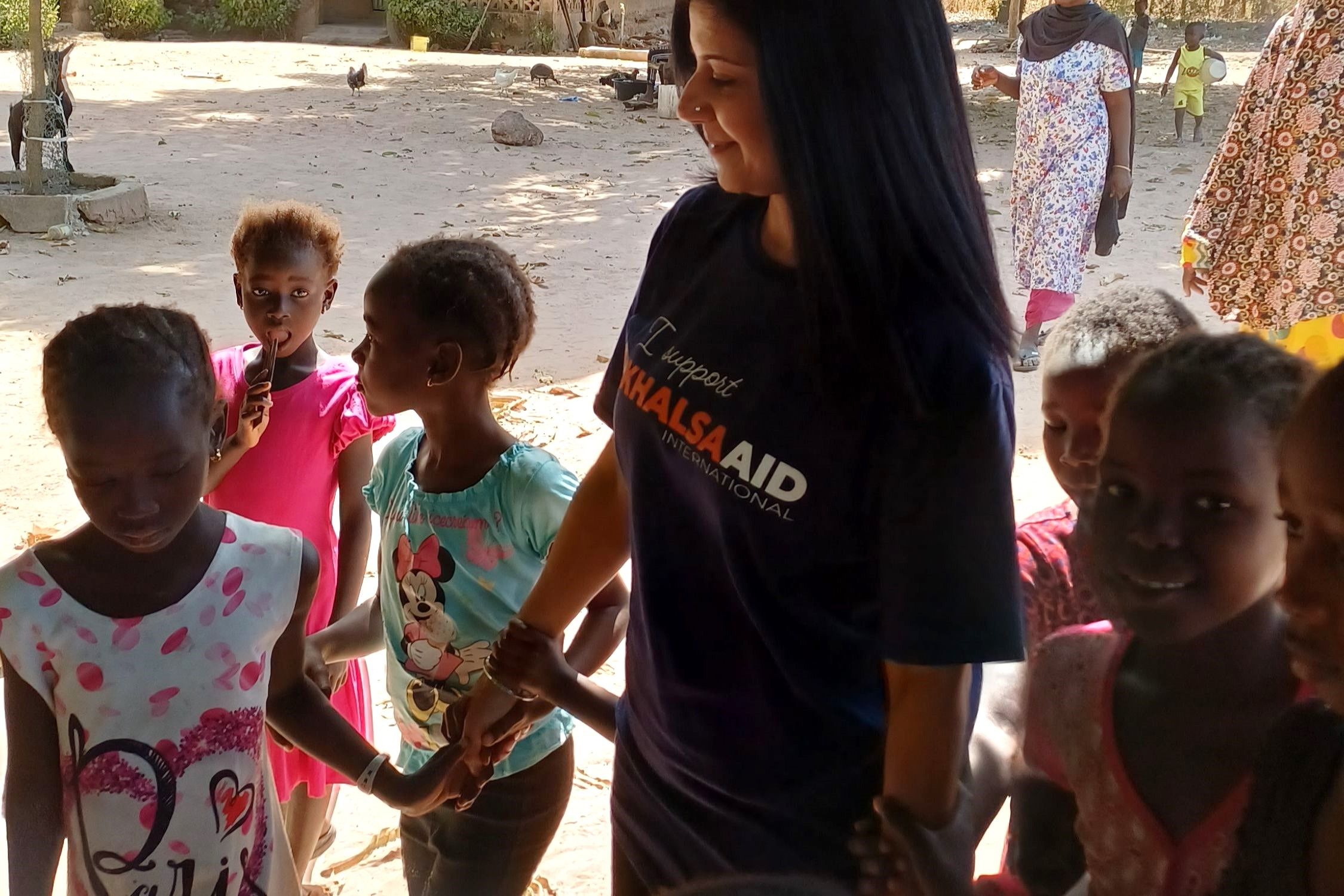
UN Sustainable Development Goals
This project supports the achievement of the following UN Sustainable Development Goals:



